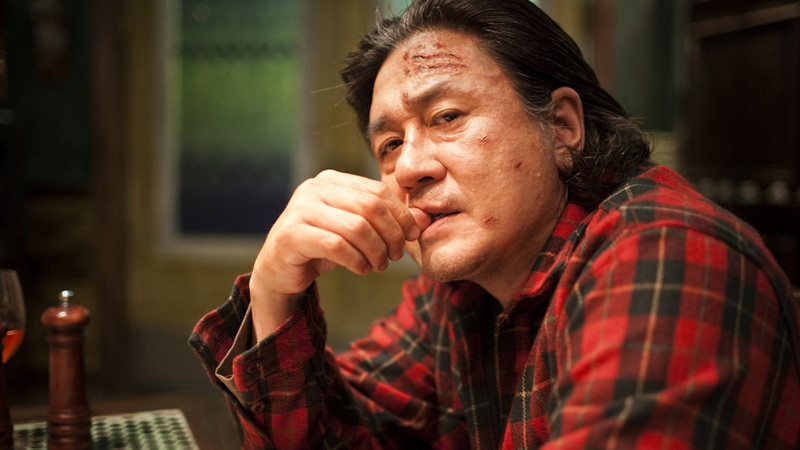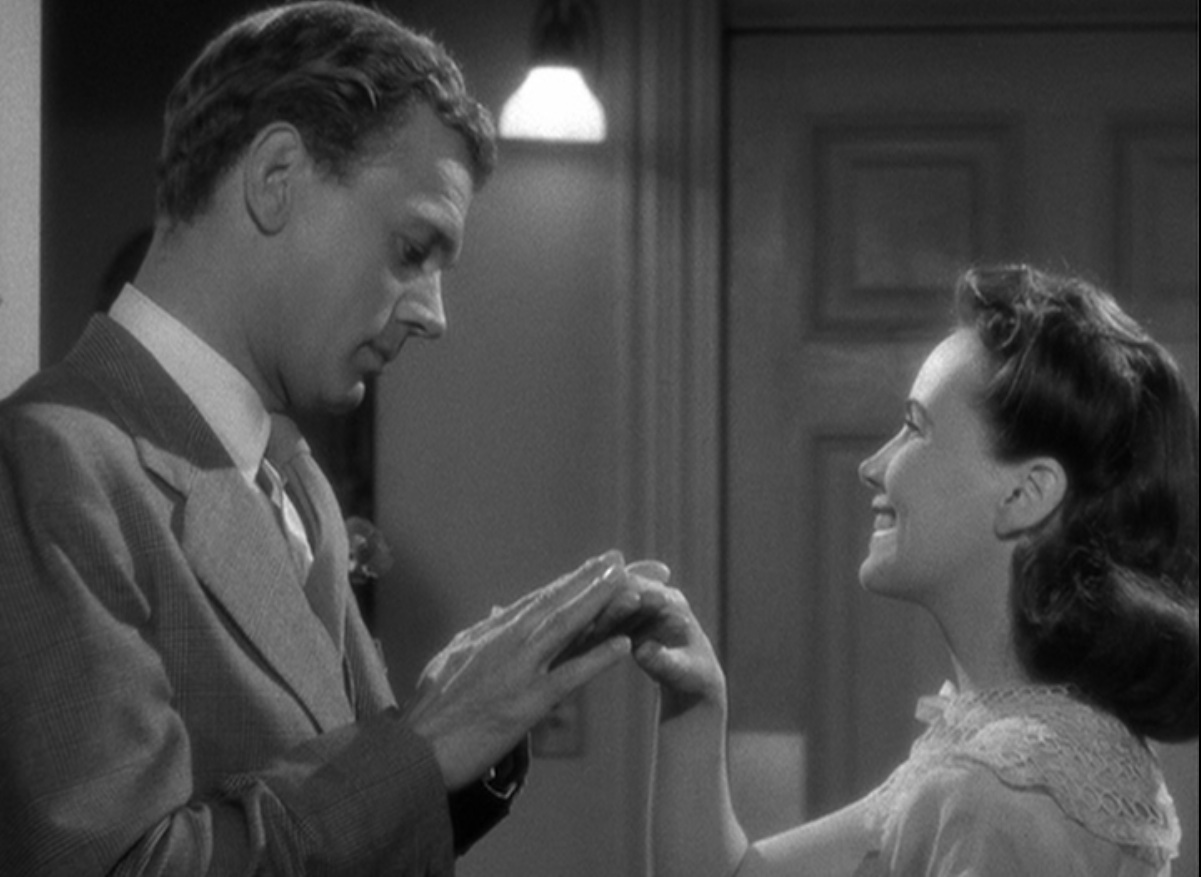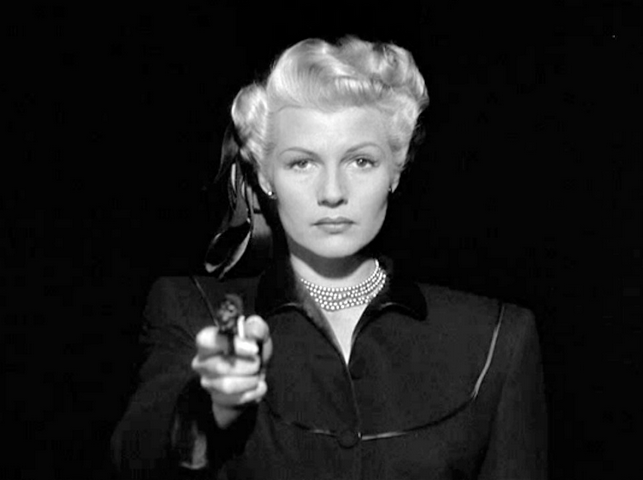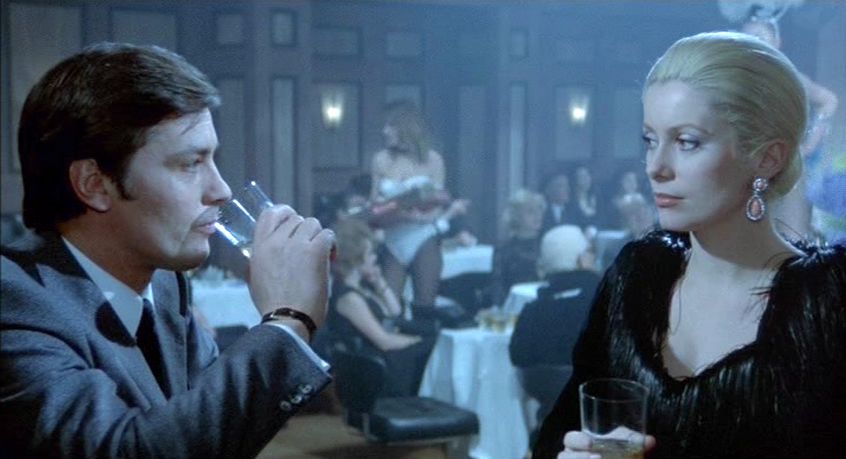
Continuing the series of great films recommended by Guillermo del Toro, today we’re taking a look at crime thrillers – a genre the filmmaker is about to work in for the first time with his upcoming “Nightmare Alley.”
It may seem like a sudden change of pace for a director better known for his fantasy and horror films, but as this list demonstrates, del Toro is no stranger to the genre – his knowledge about it and passion for it are well proven.
1. Shadow of a Doubt (1943)

There’s no living filmmaker in the world who doesn’t owe a debt to Hitchcock; his imprint in filmmaking is so vast it’s impossible for anyone to escape his shadow. Yet even such a monumental director like him has hidden gems, which is no surprise considering how vast a career he had.
“Shadow of a Doubt,” despite being dubbed by the man himself as his favorite of his own movies and enjoying infinite adoration by critical bodies, still somewhat eludes a wider recognition as his more monolithic classics, such as “Vertigo” or “Psycho.” But regardless of that, it’s one of his very best, marrying his unparalleled formal mastery (this movie was a huge jump forward for him in that regard) and the layered psychological pathos that would define his more mature and haunting later work.
As del Toro defines it, “Shadow of a Doubt” is, “The true start of Hitchcock’s American narrative period and one of his most complex, personal films.”
2. The Lady from Shanghai (1947)

And speaking of monolithic filmmakers, who can escape the towering figure of Orson Welles?
One of the most pernicious and ridiculous film commonplaces is the idea that Welles only made one true masterpiece (you know the one) and spent the rest of his career languishing with one flawed or failed project after another. But the fact is Welles has a plethora of masterpieces under his belt, not the least of which is his exceptional noir “The Lady from Shanghai.”
As with everything else Welles ever directed, this film was ahead of its time; as avant-garde as a piece of supposedly mainstream art can get — the movie does have pretty clear narrative and traditional arcs, but those things subdued in favor of an onirical tone, elliptical pacing and most of all, a focus on fabulous imagery — the kind only Welles was capable of conjuring.
In del Toro’s words, “The Lady From Shanghai” is a “delirious, fever dream Noir. Barb-like images embed into your brain without the alibi of plot.”
3. Nightmare Alley (1947)

It’s probably safe to assume that whoever is reading this list is aware that del Toro is currently deep in post-production for his next feature, a remake of this classic 1947 noir – or rather, a new adaptation of William Lindsay Gresham’s novel.
Usually, remakes are reserved for either well-known ip or films that had good ideas but bad execution. Neither is the case for “Nightmare Alley,” a remarkably daring thriller for it’s time; sordid, violent, and featuring one of the first (and best) cases of subversion of a star’s image. Then primarily known for his swashbuckling heroes, Tyrone Powers gives his best performance ever as the morally bankrupt protagonist; a classically dubious noir character that the actor imbues with a terrific sense of malice and ruthlessness.
Unsurprisingly, del Toro has admitted in the past to being a fan of this film, calling it “truly bizarre and dark. Tod Browning-esque nightmare.” He made sure to highlight that “the book it’s based on is equally recommended” – a sign of things that were to come. Considering he already believes this to be a very good adaptation, one’s curiosity is thickened by what his take could be.
4. Un Flic (1972)

As many filmmakers with a predilection for a genre cinema, del Toro has professed a passion for the work of Jean Pierre Melville; not only for his most beloved classics like “Le Samourai” and “Army of Shadows,” but even for the lesser celebrated “Un Flic.”
Melville’s final movie plays like a greatest hits of the director, starring one of his most frequent collaborators, Alain Delon, and featuring all of his stylistic trademarks such as cool criminals; an existential underpinning; a gorgeously muted monochromatic color palette; and bravura sequences of silent set pieces (there’s a train heist here that is simply spectacular). For fans of said style, “Un Flic” is a balm; a supremely refined crime picture made by one of the genre’s greatest ever artisans.
5. Rolling Thunder (1977)

One of the nastiest, most underrated and overall best American crime movies of the ‘70s, “Rolling Thunder” is the perfect meeting of director John Flynn’s purely pulp exploitation sensibilities and screenwriter Paul Schrader’s serious studies of American male anxiety.
For most of its runtime, the movie functions as a sober, adult examination of a man’s struggle with PTSD and serves as an overall commentary of the Vietnam War’s effect in the collective american psyche – so, a classically Schrader-esque look into the dark depths of a broken man. Eventually, though, the film morphs into a no-nonsense revenge thriller, climaxing in a brutal shootout in Mexico that’s straight out of a grindhouse picture.
What’s most impressive about “Rolling Thunder” is that those disparate tones somehow work very well together, making for a film that’s both thought-provoking and adrenaline-inducing.